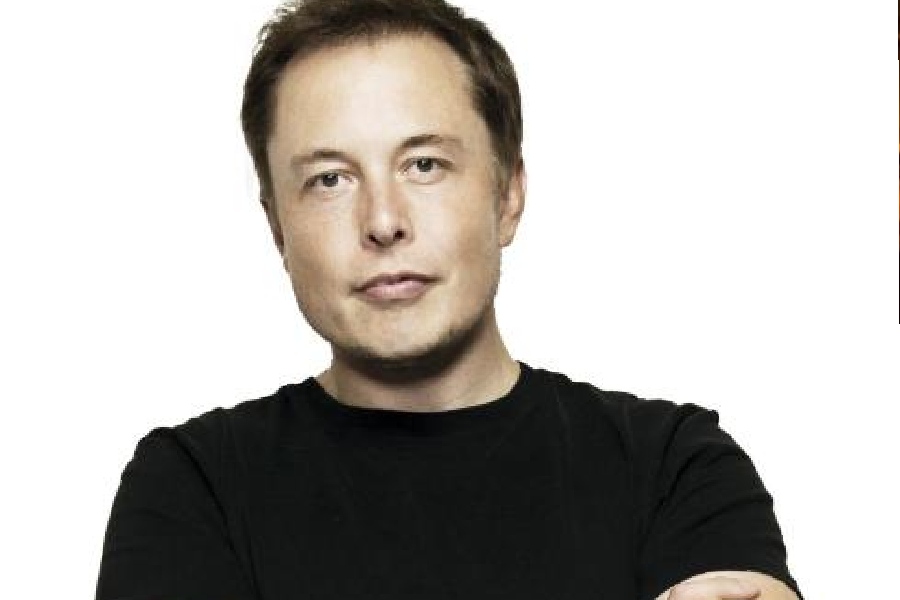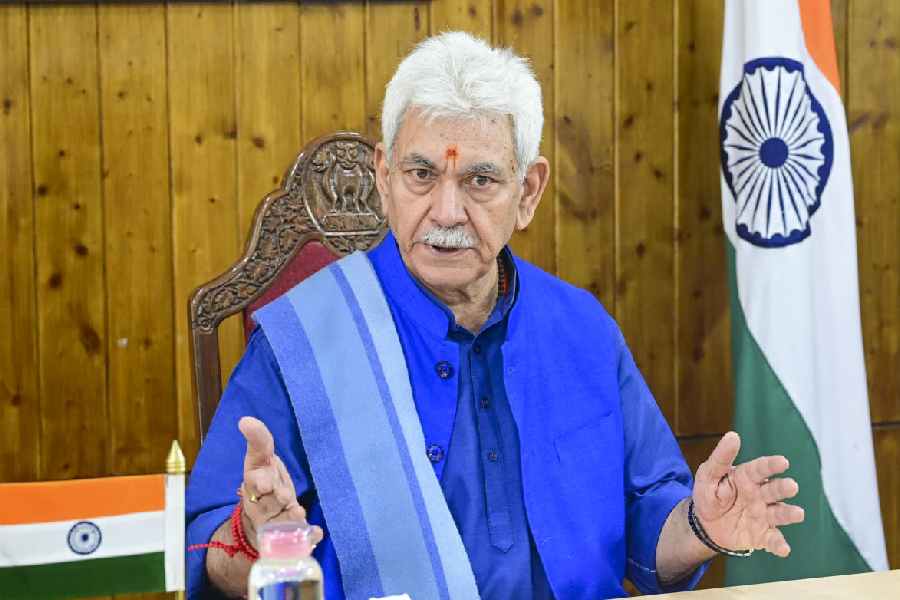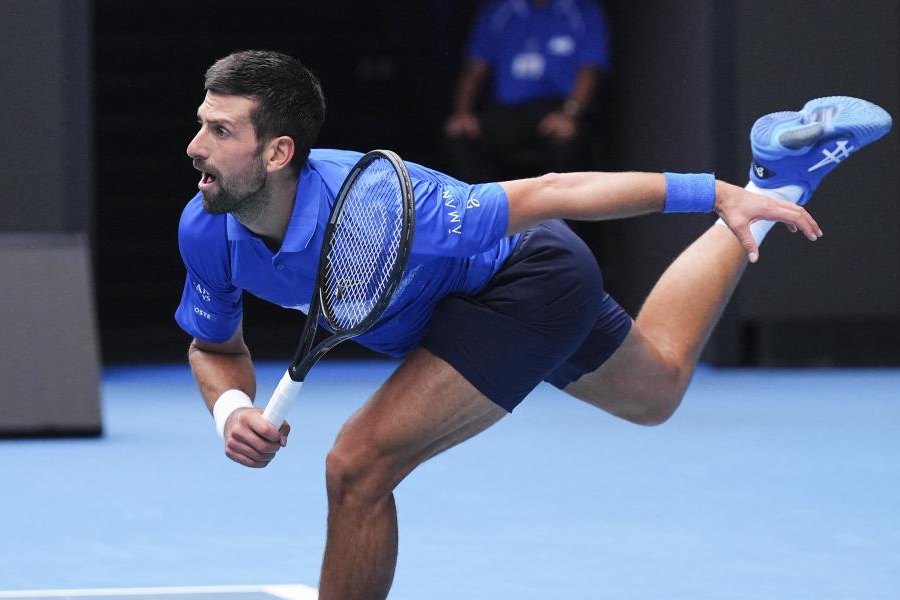Book: Elon Musk
Author: Walter Isaacson
Published by: Simon & Schuster
Price: Rs 1,499
Biographies of Abraham Lincoln will easily fill up a few shelves in any library. Albert Einstein, Martin Luther King Jr, M.K. Gandhi and Leonardo da Vinci will get a standing ovation from librarians. Given Elon Musk’s appetite for publicity, he wanted a special place in this special library. He wanted his story — that of a disrupter-in-chief with a brain — to be told by no less than Walter Isaacson, the man behind several ‘bestselling’ biographies, including Steve Jobs. Almost 700 pages in this book have been dedicated to a man who cares more about cheerleading SpaceX technology and a self-driving Tesla as much as polarising an already polarised user base on X (formerly Twitter), which he acquired last year.
It’s a fast-paced offering with the same flow we saw in Isaacson’s 2011 book on the Apple co-founder. Credit goes to the biographer for capturing how Musk learned to survive adversity from an early age. “Adversity shaped me [...] My pain threshold became very high,” he tells Isaacson. The reader learns how his grandfather, Joshua Haldeman, who dipped his toes into fringe politics in Canada, moved to South Africa because the government was better there. Yet, very little is written about grandpa’s views on apartheid, just like little is written about Musk’s equation with white nationalists in the United States of America.
Soon, Isaacson’s pen lands on Musk, the bright young man who has trouble making friends, and his abusive father. He finds comfort in science fiction and video games before setting out for the US with the entrepreneurial outlook that has always defined his family.
The pace picks up. He fortified himself with degrees in physics and business but then turned down a spot at Stanford to launch his first online venture, a business directory called Zip2, with his brother, Kimbal. For the first six months, they slept in the office and showered at the YMCA until the business became a success, allowing them to sell it for bagfuls of money.
It’s a narrative template that continues to drive every Elon Musk story behind every venture. Next, he establishes X.com, which merges with PayPal, giving him access to more cash.
The pace doesn’t slacken as Isaacson paints with words the women in his life, his dietary habits, the Met Gala preparations and then quickly shifts gears to talk about how he ordered the removal of a government-mandated warning label about airbags and then the strange detour he took to enter Twitter.
Isaacson writes, “As Shakespeare teaches us, all heroes have flaws, some tragic, some conquered”. But that’s an excellent marketing strategy to mould Musk as a hero with flaws, even though one can’t help but feel that he’s simply a man-child with money.









